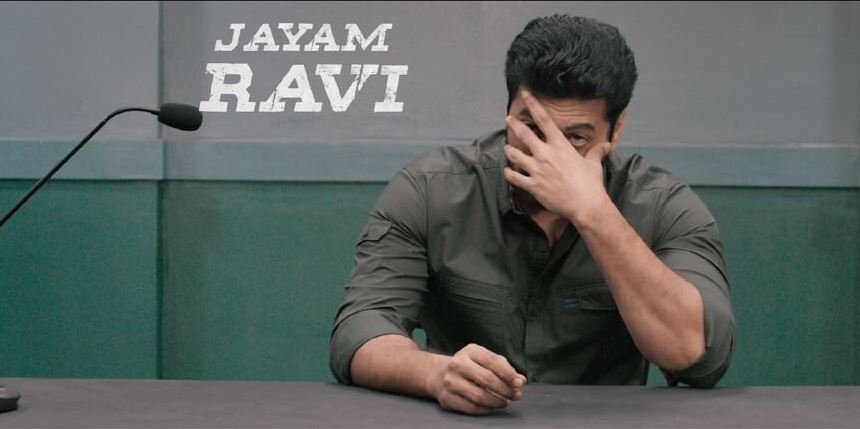Song – Mudher Kanave from Majnu
The Artists –
Singers – Bombay Jayashree, Harish Raghavendra
Composer – Harris Jayaraj
Lyricist – Vairamuthu
Starring – Prashanth, Rinke Khanna
The Setting – A chance meeting in Chennai escalates into full-blown romance between Vasanth (Prashanth) and Heena (Rinke Khanna). In search of the mysterious Heena (who may or may not have terrorist links), Vasanth heads to Kolkata, and finds her riding the Metro. A song follows.
The Film – Majnu was the brainchild of director Ravichandhiran. He debuted with the Prashanth-Simran film Kannedhirey Thondrinaal and was keen on working with Prashant again. Rinke Khanna, daughter of Vinod Khanna, was signed to play the ‘Tamil speaking Bengali girl‘ Heena.
The movie went on to release in December 2001, and garnered mixed reviews from critics.
The Song – Majnu was the first film offer for composer Harris Jayaraj. He composed seven songs for the film, with singers like Hariharan, MG Sreekumar, Bombay Jayashree, Unnikrishnan, Shankar Mahadevan, and even Carnatic singer OS Arun. The soundtrack was a beautiful blend of the traditional and the western, as is evident in Mudhar Kanave.
The song incorporated elements of the raga Shanmugapriya, only used for songs sung in praise of the Lord Muruga. Ilaiyaraaja broke that tradition when he used the raga for songs like Thakita Thathimi in Salangai Oli, and Tham Thana from Pudhiya Vaarpugal.
In Mudhar Kanave, Harris used the raga to help the reluctant heroine understand why the guy she met in Chennai followed her all the way to Kolkata. ‘Mudher Kanave Mudher Kanave Marubadi Yen Vandhai’ sings Heena (Bombay Jayashree’s vocals). She has moved on from their first meeting in Chennai, and is afraid of what Vasanth’s sudden appearance bodes for the future.
Recommended
This was the first time that Bombay Jayashree sang for Harris Jayaraj. Full justice is done to her deep and dark vocals, upstaged only by Harris’ brilliant use of the mridangam and the nathaswaram. The Harris trademark of using gibberish to accentuate key pieces of the music (instead of the traditional humming) finds place in this song as well. Sono Leyo is the word of choice here. What this word has to do with the crux of the song is anybody’s guess.


